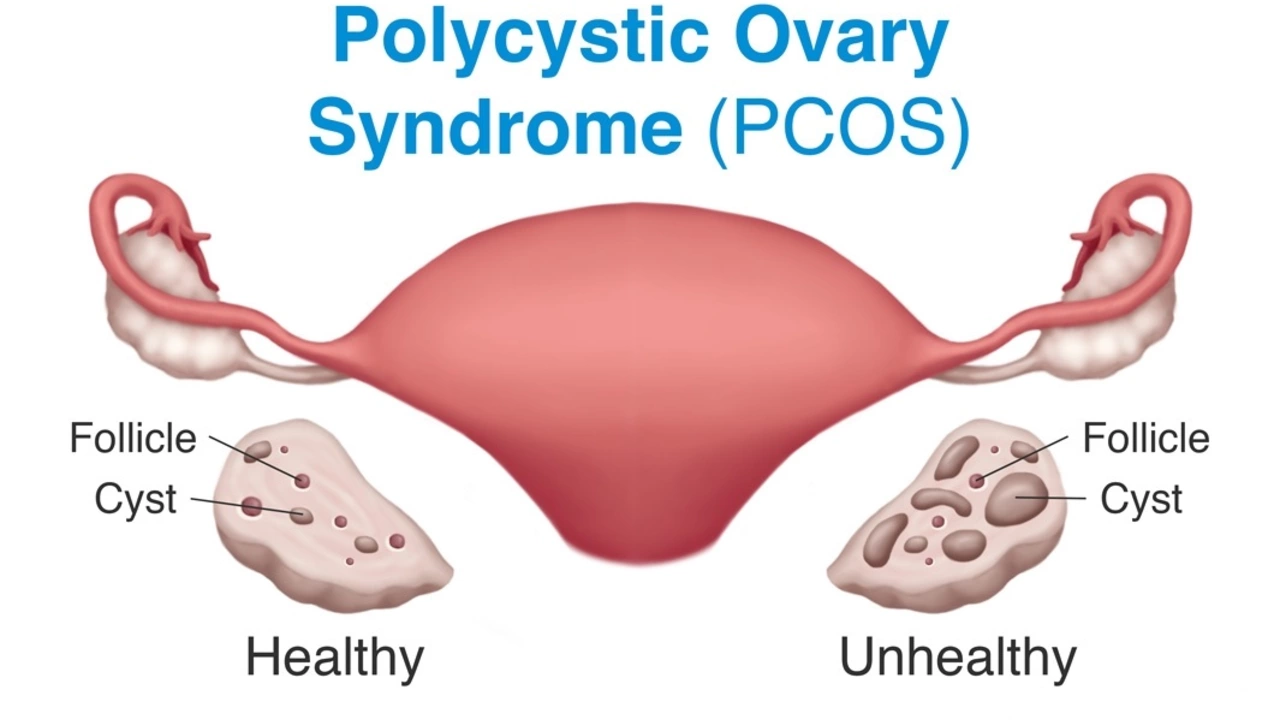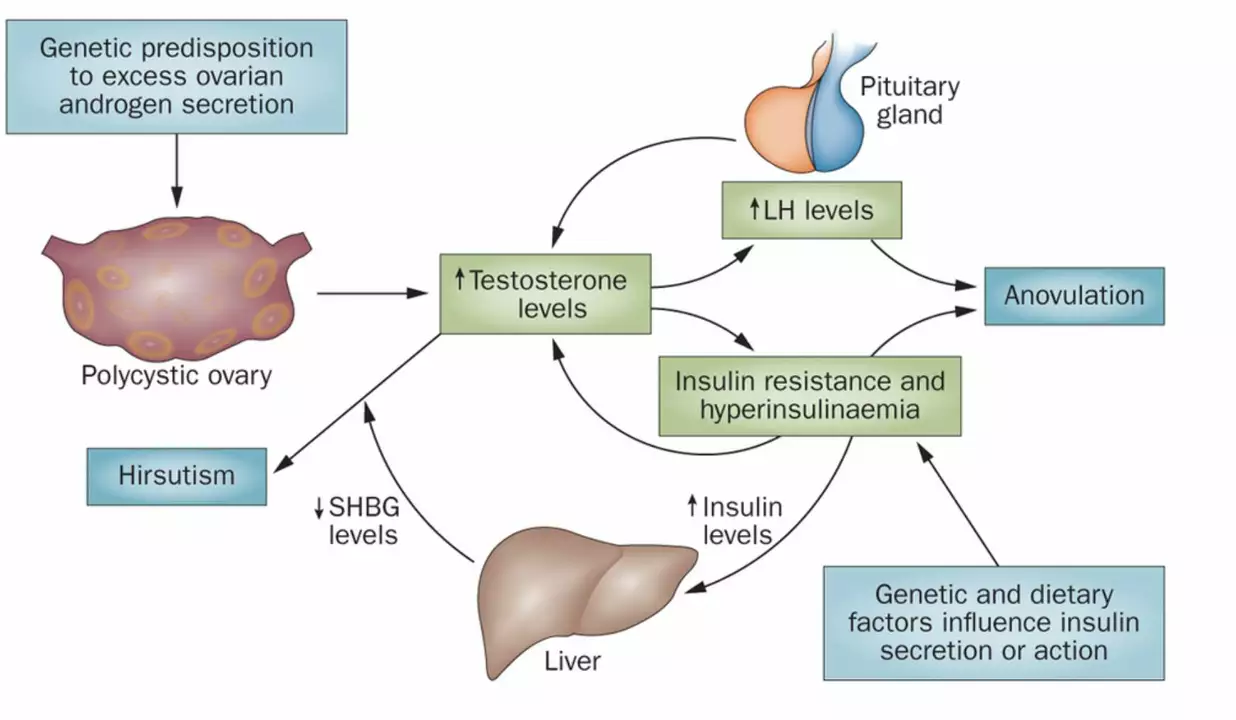Understanding Polycystic Ovary Syndrome (PCOS)
If you've heard about polycystic ovary syndrome or PCOS, you probably know it’s a pretty common hormonal disorder affecting many women worldwide. But what exactly is it? Simply put, PCOS messes with your hormone balance, leading to symptoms like irregular periods, unwanted hair growth, or trouble getting pregnant.
The name comes from the small cysts that often show up on the ovaries during an ultrasound, but not every woman with PCOS has these cysts. What really happens is your body produces more male hormones called androgens, which throws off the normal ovulation process.
Spotting the Symptoms Early
Symptoms can vary a lot, but some common signs to watch for include irregular or missed periods, excessive facial or body hair, acne, weight gain, and thinning hair on your scalp. Some women also struggle with skin tags or dark patches, especially around the neck or underarms. If you experience any of these, talking to a doctor can help with early diagnosis and management.
How Is PCOS Treated?
Tackling PCOS usually involves addressing your symptoms and balancing hormones. Lifestyle changes, like a healthy diet and regular exercise, often help manage insulin resistance that’s common with PCOS. For some women, birth control pills or other hormone therapies can regulate periods and reduce androgen effects like hair growth and acne. If you’re trying to get pregnant, medications to stimulate ovulation might be recommended.
Keep in mind, PCOS is a long-term condition, but with the right approach, many women lead healthy lives and manage symptoms effectively. Regular check-ups and open communication with your healthcare provider are key to finding what works for you.
Curious about supplements, natural remedies, or new treatments? There’s no one-size-fits-all answer. It helps to stay informed and ask questions so you get tailored advice that fits your lifestyle and health goals.
The Connection Between Vaginal Burning and Polycystic Ovary Syndrome (PCOS)
In my recent blog post, I delved into the intriguing connection between vaginal burning and Polycystic Ovary Syndrome (PCOS). I discovered that hormonal imbalances caused by PCOS can lead to vaginal dryness, which in turn triggers discomfort and burning. It's important to note that vaginal burning isn't a direct symptom of PCOS, but rather a side effect of these hormonal changes. If you're experiencing these symptoms, it's critical to consult with your healthcare provider for appropriate treatment. Remember, understanding your body and the possible signs of conditions like PCOS is a crucial step in maintaining overall health.
The Role of Alfacalcidol in Managing Polycystic Ovary Syndrome (PCOS)
In my recent research on Polycystic Ovary Syndrome (PCOS), I came across the fascinating role of Alfacalcidol in managing this condition. Alfacalcidol, a form of vitamin D, has been found to improve insulin resistance and hormonal imbalances in women with PCOS. This is crucial because both insulin resistance and hormonal imbalances contribute to the development of PCOS symptoms. Furthermore, Alfacalcidol may also help in reducing inflammation and promoting ovulation, which are essential for improving fertility in PCOS patients. Overall, incorporating Alfacalcidol into the treatment plan for PCOS could potentially lead to significant improvements in the lives of women suffering from this condition.


